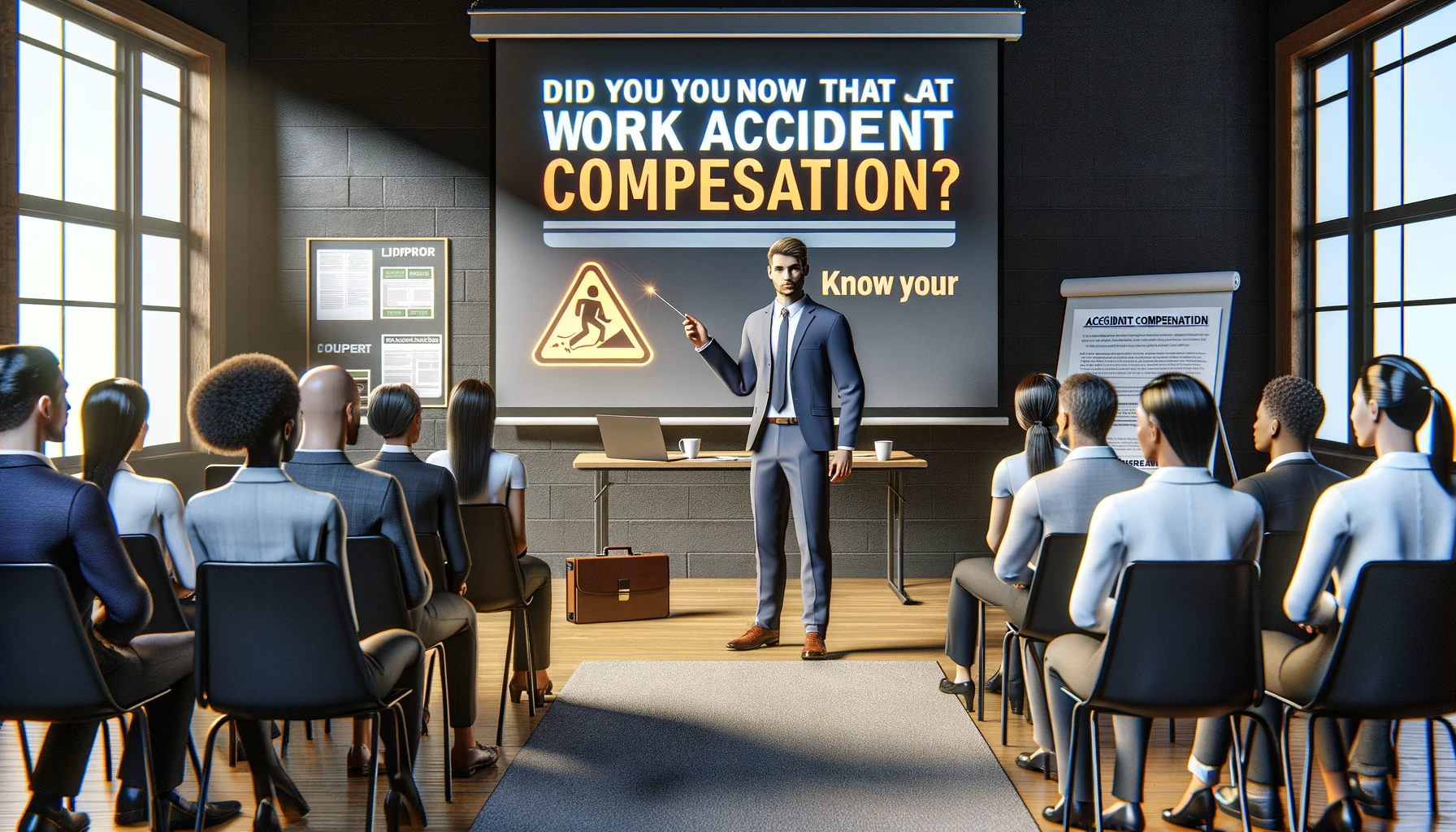Accidents at work can be both alarming and confusing. As an employee in California, it's crucial to understand your rights and the steps you should take if you find yourself dealing with a workplace injury. This guide aims to walk you through the procedures and help you navigate the complexities of workers' compensation claims and California labor laws.
Understanding Workers' Compensation Claims
Workers' compensation is a form of insurance providing wage replacement and medical benefits to employees injured in the course of employment. In California, this system is designed to help workers recover without the need for litigation, ensuring support regardless of who was at fault for the injury.Immediate Steps After a Workplace Injury
If you've suffered an injury at work, your health is the priority. Seek immediate medical attention if necessary. Then, promptly report the incident to your employer. This is not just for compliance; it's also about documenting the event, which is crucial for any future workers' compensation claims.Employee Rights After an Accident
California protects employees who have suffered workplace injuries. You have the right to file a workers' compensation claim without fear of retaliation from your employer. Understanding these rights is essential for ensuring you receive the support and compensation you're entitled to.On-the-Job Injury Procedures
After ensuring your safety and health, follow the on-the-job injury procedures set by your employer. This typically includes reporting the accident, filling out an injury report, and possibly seeing a company-approved healthcare provider. Documentation here is key.California Labor Laws and Workplace Safety Regulations
California's labor laws are comprehensive, with strict workplace safety regulations. Employers are obligated to provide a safe working environment and to comply with occupational hazards and safety standards.Reporting Accident at Work in California
It's important to report any work-related incident as soon as possible. In California, you typically have 30 days to inform your employer about the injury to remain eligible for workers' compensation benefits.Filing for Workers' Comp in California
Filing a claim can be daunting, but it's a necessary step toward getting your benefits. You'll need to fill out a claim form (DWC-1) and provide detailed information about the injury and how it occurred.Employer Responsibilities After a Work Accident
Employers in California must take workplace accidents seriously. They have a responsibility to investigate the incident and take steps to prevent future occurrences. They also need to provide the necessary forms and information for filing a workers' compensation claim.Seeking Legal Advice and Representation
If you're overwhelmed by the process or your employer is uncooperative, consider seeking legal advice. A work injury attorney in California can guide you through the claims process and represent your interests.Conclusion
Dealing with a workplace injury can be stressful, but knowing the right steps to take in California can ease the process. Remember to prioritize your health, report the accident promptly, and understand your rights. By following these guidelines, you'll be in a much better position to navigate the aftermath of a workplace accident.Look for an attorney who has the right legal resources for your legal needs.
Contact us here on the Warmuth Law website or through our hotline 888-517-9888.













